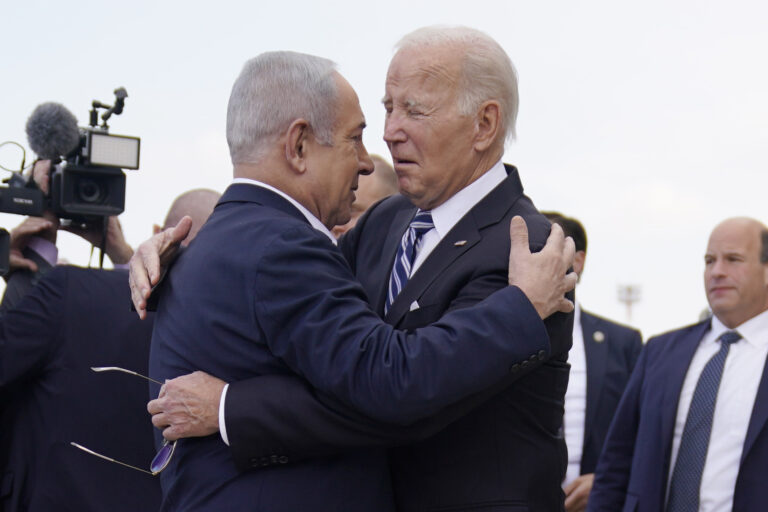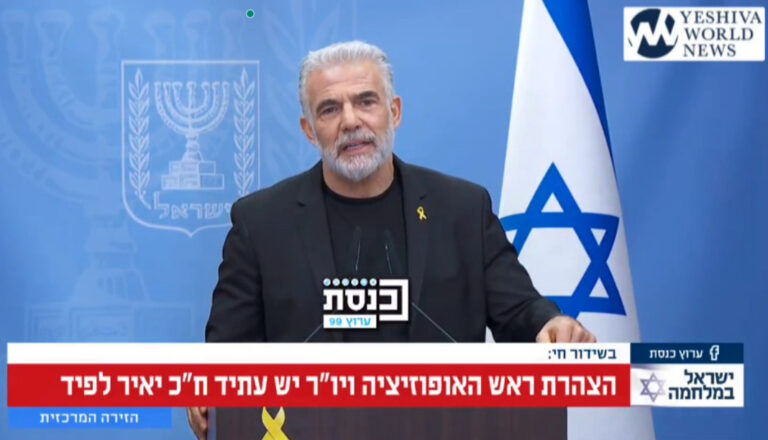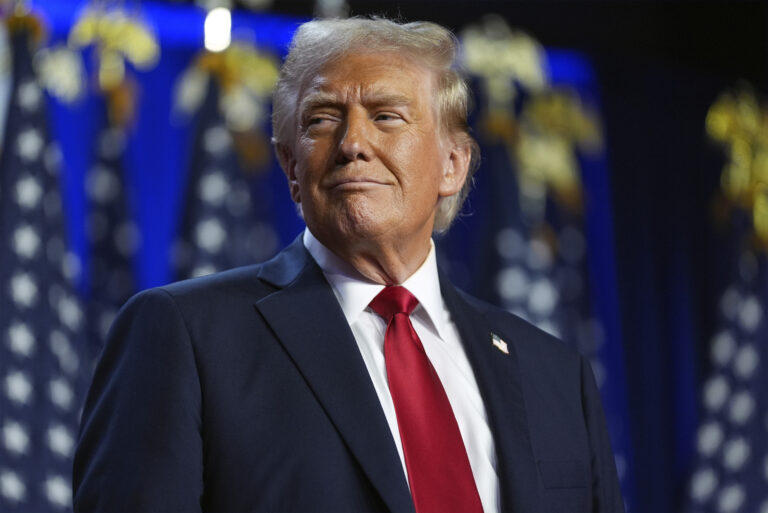 Iran’s foreign minister said Tuesday a letter from U.S. Republican lawmakers warning that any nuclear deal could be scrapped once President Barack Obama leaves office suggests the United States is “not trustworthy.”
Iran’s foreign minister said Tuesday a letter from U.S. Republican lawmakers warning that any nuclear deal could be scrapped once President Barack Obama leaves office suggests the United States is “not trustworthy.”
“This kind of communication is unprecedented and undiplomatic,” Mohammed Javad Zarif was quoted as saying by a state-run TV website. “In fact it implies that the United States is not trustworthy,” he added.
Zarif linked the letter to Israeli Prime Minister Benjamin Netanyahu’s speech to Congress last week, in which the Israeli leader argued against the emerging agreement. “A propaganda campaign has begun with Netanyahu’s speech before Congress and this is their second ploy,” Zarif said. “While there is still no agreement, a group is commenting on its nature.”
“It is unfortunate that a group is opposed to reaching an agreement. We insist that a possible deal should be one where our people’s rights are observed and we are certain that there are measures to achieve such a deal,” he said.
The White House and Democrats in Congress also denounced the letter, accusing the senators of trying to sabotage the negotiations.
The United States, along with five world powers, hopes to negotiate a framework agreement this month and a final accord later this year which would curb Iran’s nuclear program in exchange for sanctions relief.
Western nations have long suspected that Iran is covertly pursuing a nuclear weapons capability. Iran denies seeking nuclear weapons, and insists its program is entirely devoted to civilian applications like power generation and cancer treatments.
(AP)











5 Responses
Iran has realized, and Israel undertands (remember the US agreement to guarantee Israel’s borders made in return from the withdrawal from Sinai after the 1956 war, that wasn’t worth the paper it wasn’t written on in 1967), that an agreement made by the president that is not submitted to and ratified by the Senate is not lawful agreement binding the United States. It’s just a statement of principles to be ignored at will (e.g. the US guarantee of Ukraine’s territorial integrity).
The Republicans are clever to have called attention to this feature of the US constitution, so Iran can’t claim that Obama is an agent acting with apparent authority such as to bind the principle (in this case, the United States is the principle, and Obama is the agent who is trying to exceed his authority). Actual notice that the agent is acting without authority prevents the “other side” of the deal from asserting detrimental alliance.
akuperma: The U.S. Supreme Court has recognized all three types of international agreements between the U.S. and others as legally valid under U.S. law. They are: executive agreements, congressional-executive agreements and formal treaties.
And all three are binding under international law.
Bogen: That view is in dispute. If a president (on Jan. 21, 2017) chooses to ignore an executive agreement, or if the Congress passes and enacts into law a statute de-funding implemenation of an executive agreement – under American law it becomes a nullity. Not so a treaty, which is binding under Amreican law. They are valid in a way similar to administrative law, meaning the administrator can simply walk away from them – unlike statutes and ratified treaties which are the law of the land and which, in theory, a president is sworn to uphold (even if Obama tends to take that aspect of his oath with grain of salt).
Note how such unratified agreements as the Kyoto Accords and the International Convention on the Rights of the Child are treated. Note how the US guarantees of Ukraine’s borders was regarded when Russia invaded and seized Crimea. Not how the US didn’t feel bond to honor the agreement made after to Sinai campaign to keep the Eyptian army out of Sinai and to keep the straits of Tiran open to Israeli shipping.
Both the Republicans and akuperma are wrong about treaty ratification. It is the President who ratifies treaties, not the Senate. The Senate has to approve a treaty by a 2/3 vote before the President can ratify, but it is up to the discretion of the President. This came up as early as 1795 when President Washington delayed ratification of Jay’s Treaty with the United Kingdom after the Senate had approved it because he knew that it would be unpopular, and he even considered not ratifying it at all.
That 47 Republican Senators could make such a mistake in a communication of a foreign country is a national embarrassment. That 47 Republican Senators would break the law by doing so is a national disgrace. That 47 Republican Senators have reduced the chances of keeping Iran from getting nuclear weapons is an international tragedy.
Charliehall: That’s semantics.
“RATIFICATION OF TREATIES. The constitution of the United States, art. 2, s. 2, declares that the president shall have power, by and with the advice and consent of the senate, to make treaties, provided two-thirds of the senators present concur. 2. So treaty is therefore of any validity to bind the nation unless it has been ratified by two-thirds of the members present in the senate at the time its expediency or propriety may have been discussed. Vide Treaty.
A Law Dictionary, Adapted to the Constitution and Laws of the United States.”
By John Bouvier. Published 1856.
Obama is not acting with the advise of the Senate as required and he certainly needs their consent.
At the same time, the Senate acted inappropriately. The letter should have gone to Obama, not Iran.